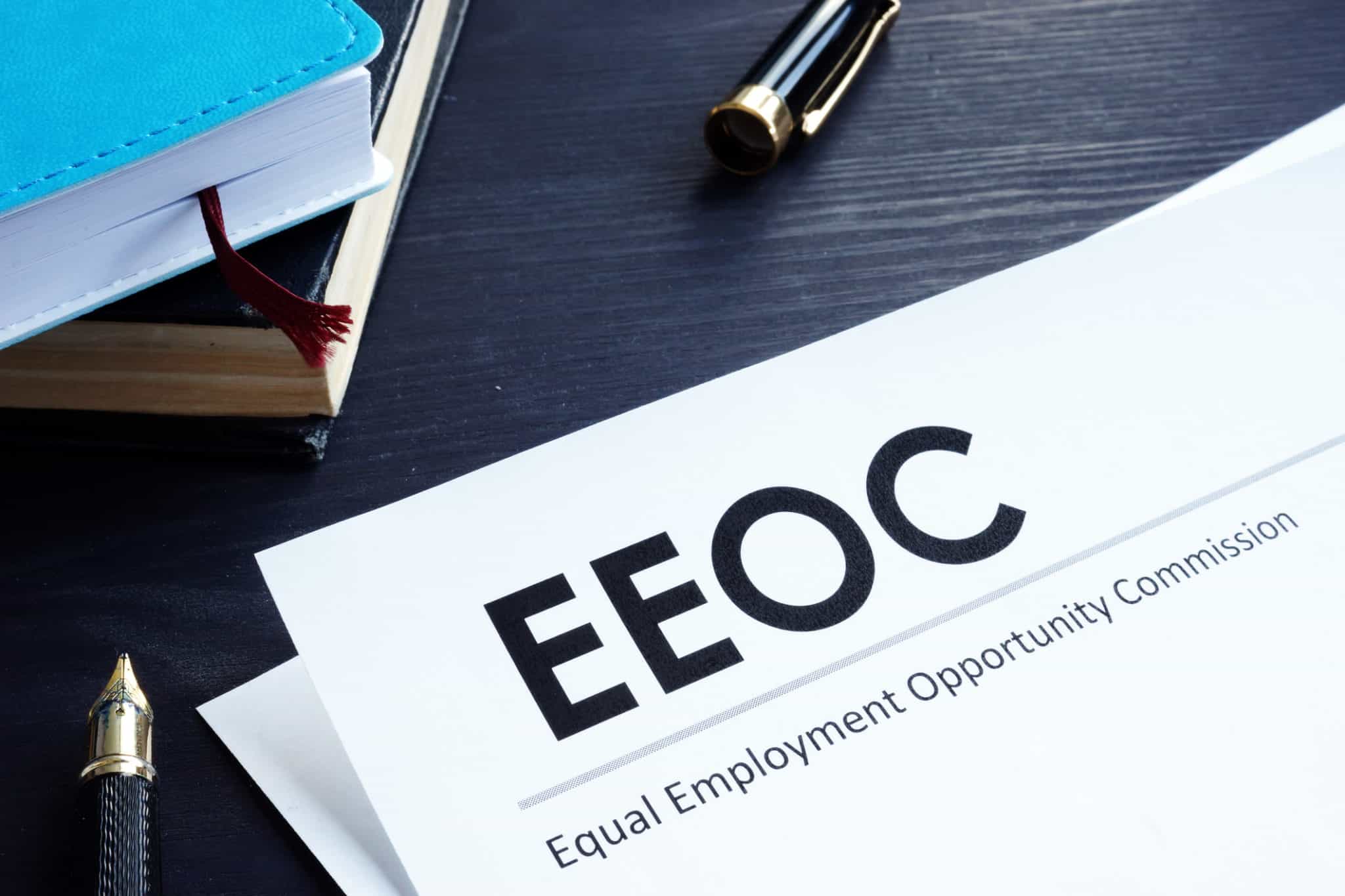
Holden Hopkins is a student at Harvard Law School.
In today’s News & Commentary, concerns about AI-based discrimination in hiring, Boston hotel workers on strike, and more women of color are obtaining leadership roles in their unions.
The EEOC has raised concerns to federal lawmakers about the potential for AI to be used to facilitate discrimination in hiring job candidates according to reporting by Bloomberg Law. The agency cited a number of cases as emblematic of the problem, including companies which had used AI-hiring software to systematically exclude certain candidates on the basis of age, gender, and nationality.
The report raised concerns over the growing dependence on “AI to manage the workplace has the potential to outpace our nation’s capacity to ensure that they are deployed in a manner that comports with federal anti-discrimination laws.” In order to combat this trend, an accompanying letter from the agency’s head of legislative affairs stressed the need for “resources to keep pace with the use of these increasingly sophisticated tools and their potential impact on equal employment opportunity.”
Amid the ongoing strikes against Hilton that Esther reported on, two Boston area Hilton hotels are now the subject of open-ended strikes. On Friday, workers walked off the job at the Hilton Boston Logan and Boston Park Plaza hotels after the company failed to meet the union’s demands. UNITE HERE Local 26 represents the workers, who say they will not return to work until Hilton agrees to a new contract that includes higher pay and better working conditions.
New reporting shows that Black and Latine women are increasingly obtaining leadership roles in their unions. While women make up about half of union membership, the rates of representation in leadership for women, and especially women of color, has lagged behind. But over the past five years, more and more top leadership positions have gone to women. Most notably, this has included the top leadership of some of the country’s largest unions, including SEIU, NEA, National Nurses United, and the AFL-CIO.
This increase in representation has also corresponded with unions focusing more attention on the race-gender pay-gap, parental leave, harassment policies, and other issues which may have been overlooked by previous generations of union leadership.






Daily News & Commentary
Start your day with our roundup of the latest labor developments. See all
June 30
Antidiscrimination scholars question McDonnell Douglas, George Washington University Hospital bargained in bad faith, and NY regulators defend LPA dispensary law.
June 29
In today’s news and commentary, Trump v. CASA restricts nationwide injunctions, a preliminary injunction continues to stop DOL from shutting down Job Corps, and the minimum wage is set to rise in multiple cities and states. On Friday, the Supreme Court held in Trump v. CASA that universal injunctions “likely exceed the equitable authority that […]
June 27
Labor's role in Zohran Mamdani's victory; DHS funding amendment aims to expand guest worker programs; COSELL submission deadline rapidly approaching
June 26
A district judge issues a preliminary injunction blocking agencies from implementing Trump’s executive order eliminating collective bargaining for federal workers; workers organize for the reinstatement of two doctors who were put on administrative leave after union activity; and Lamont vetoes unemployment benefits for striking workers.
June 25
Some circuits show less deference to NLRB; 3d Cir. affirms return to broader concerted activity definition; changes to federal workforce excluded from One Big Beautiful Bill.
June 24
In today’s news and commentary, the DOL proposes new wage and hour rules, Ford warns of EV battery manufacturing trouble, and California reaches an agreement to delay an in-person work mandate for state employees. The Trump Administration’s Department of Labor has advanced a series of proposals to update federal wage and hour rules. First, the […]